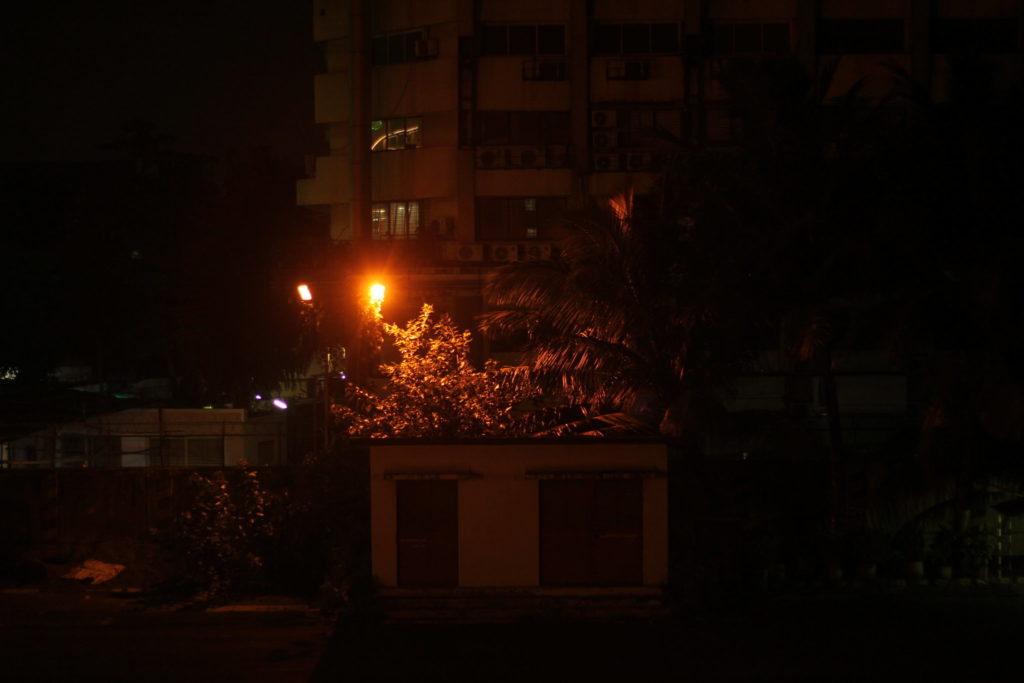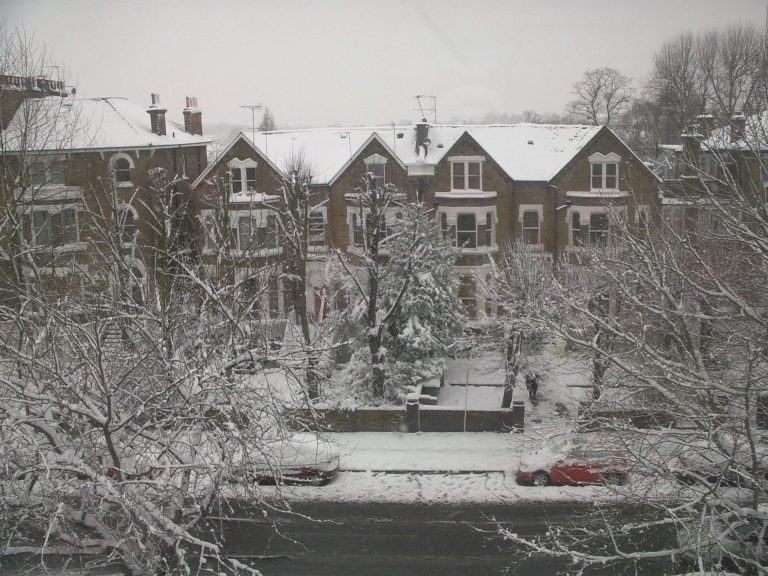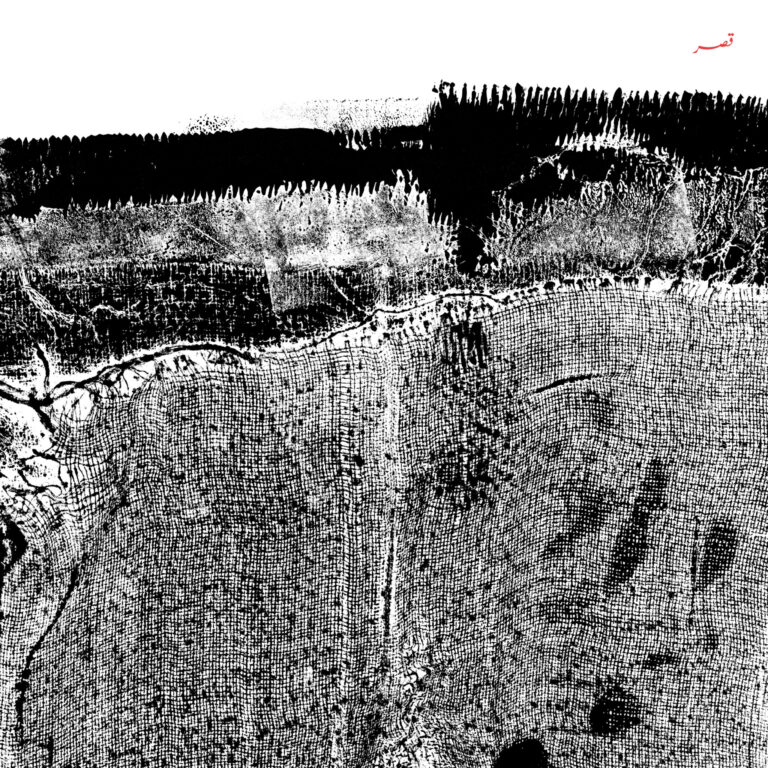space; noun./speɪs/

1. [uncountable] the area outside the earth’s atmosphere where all the other planets and stars are (also outer space)
humans gaze above,
aim to conquer the expanse—
tearing home apart
2. [uncountable] an amount of an area or of a place that is empty or that is available for use
so much has been said
over eons and lifetimes.
how much is enough?
3. [countable] an area or a place that is empty
the stranger in the
mirror looks on while you dance
the harsh night away.
4. [countable, usually singular] a period of time
the past keeps calling
as if it’s a forgotten
lover. don’t pick up
5. [uncountable] the quality of being large and empty, allowing you to move freely
memories wander,
a phantom seizes your arm
echoing what was.
6. [uncountable] the freedom and the time to think or do what you want to
you chose solitude,
the calm state of withoutness…
a pyrrhic triumph
7. [countable, uncountable] a large area of land that has no buildings on it
everything you build
will turn to ash. so make it
something beautiful
8. [uncountable, countable] the part of a line, page, or document that is empty
a new day is like
a blank page, full of promise,
waiting to be filled
9. [uncountable] the whole area in which all things exist and move
an unending field
dandelions fill the sky—
you can breathe again

About the work: The Oxford English Dictionary has 17 recorded definitions for the word ‘space’, some of them now obsolete. The term has been used in various capacities by people all over the world – spatium in Latin, espace in French, espacio in Spanish and spazio in Italian. I composed haiku using those definitions as a starting point and the feelings or memories they evoke. All the definitions have been taken from the Oxford Learner’s Dictionary.



